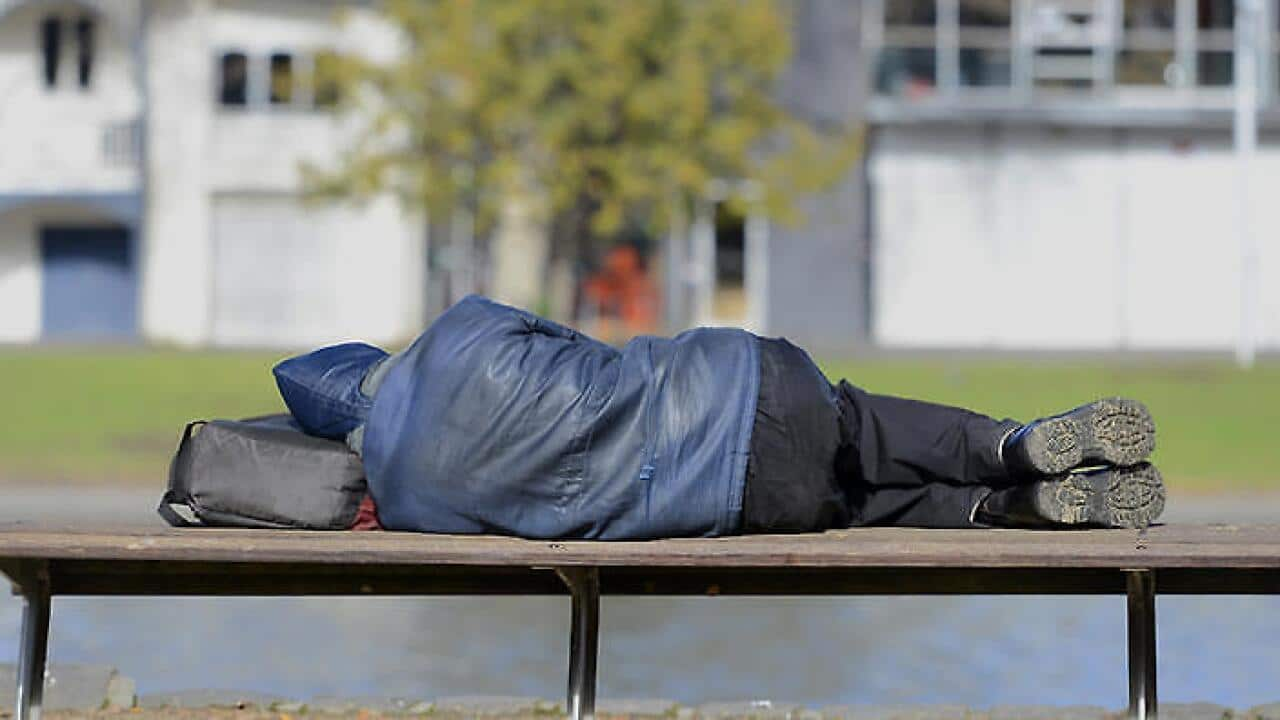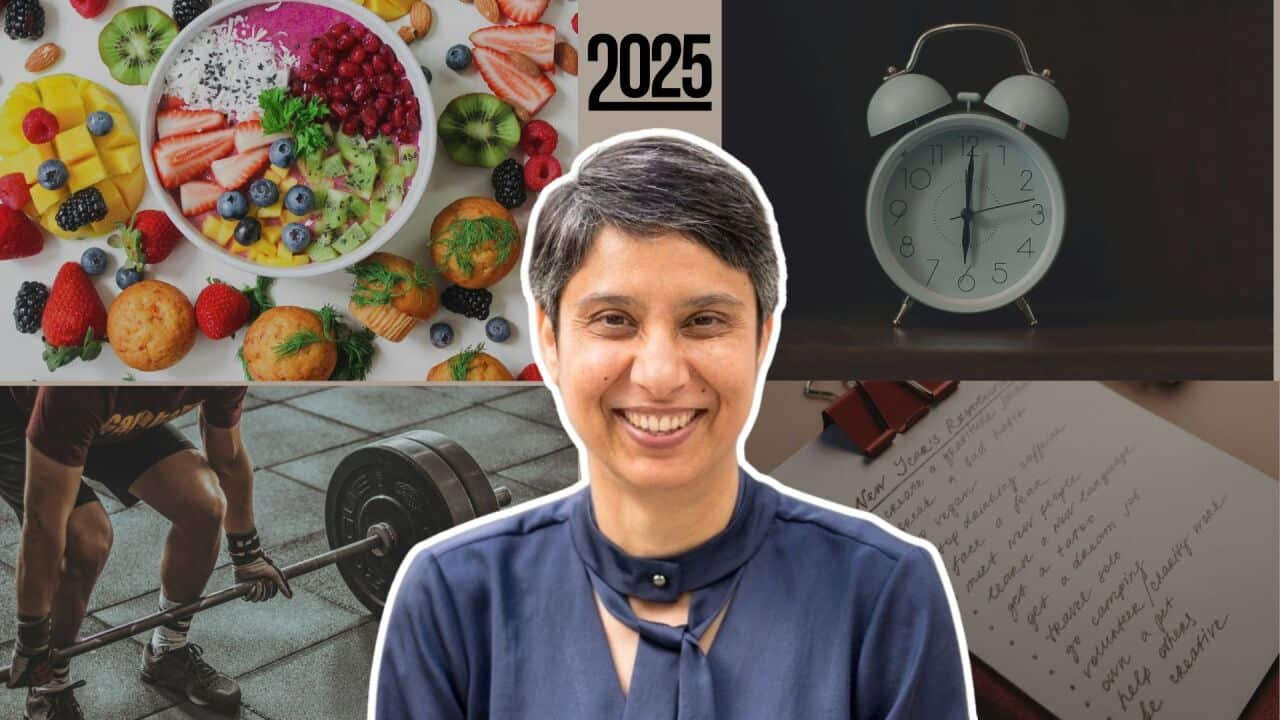Every night, over a hundred thousand people sleep rough across Australia, half of those under the age of 25, Department of Human Services has revealed.
Those in need of a home include 18,000 children under the age of 12.
Every year, October 10 is held as World Homeless Day which the department says is a timely reminder of the difficult challenges faced by those who are homeless or at risk of homelessness.
Department of Human Services General Manager Hank Jongen said the department is often the first point of contact for many people facing homelessness.
“It’s vital frontline staff can quickly identify individuals and families at risk, and offer information, resources and appropriate support,” he said.
Typically, young people experiencing homelessness are difficult to identify and less likely to be aware of the support services available. They might often find themselves couch-surfing, or staying with friends or relatives for short periods of time.
Jyoti Aujla form the Assessment services branch of the department says most of the affected youngsters find themselves in this situation due to their family circumstances.
“Department workers find approximately in cases of young homeless people, 70 per cent of the cases are of family violence, exploitation of children or breaking up of families,” she told SBS Punjabi.
Mr Jongen says youth and children at risk of homelessness are especially vulnerable.
“Typically, young people experiencing homelessness are difficult to identify and less likely to be aware of the support services available. They might often find themselves couch-surfing, or staying with friends or relatives for short periods of time.”
Ms Aujla says the department has a special network of specialist staff that connects vulnerable people with government and local community services.
“When a homeless person comes to Centrelink, the workers there immediately contact community engagement officers to connect vulnerable homeless people with community centres and crisis accommodations so that they can continue to receive help,” she says.
She says some of these homeless people are also given monetary support in the form of “crisis payments”.
Mr Jongen says the department’s specialists work to build trust with vulnerable people to fully understand their situation and then connect them to the relevant support services.
“This is about helping to build the foundations for a strong, healthy and stable future, so it’s important we work together to tackle poverty and come up with innovative ways to collaborate and address the underlying factors causing homelessness in the first place.”





